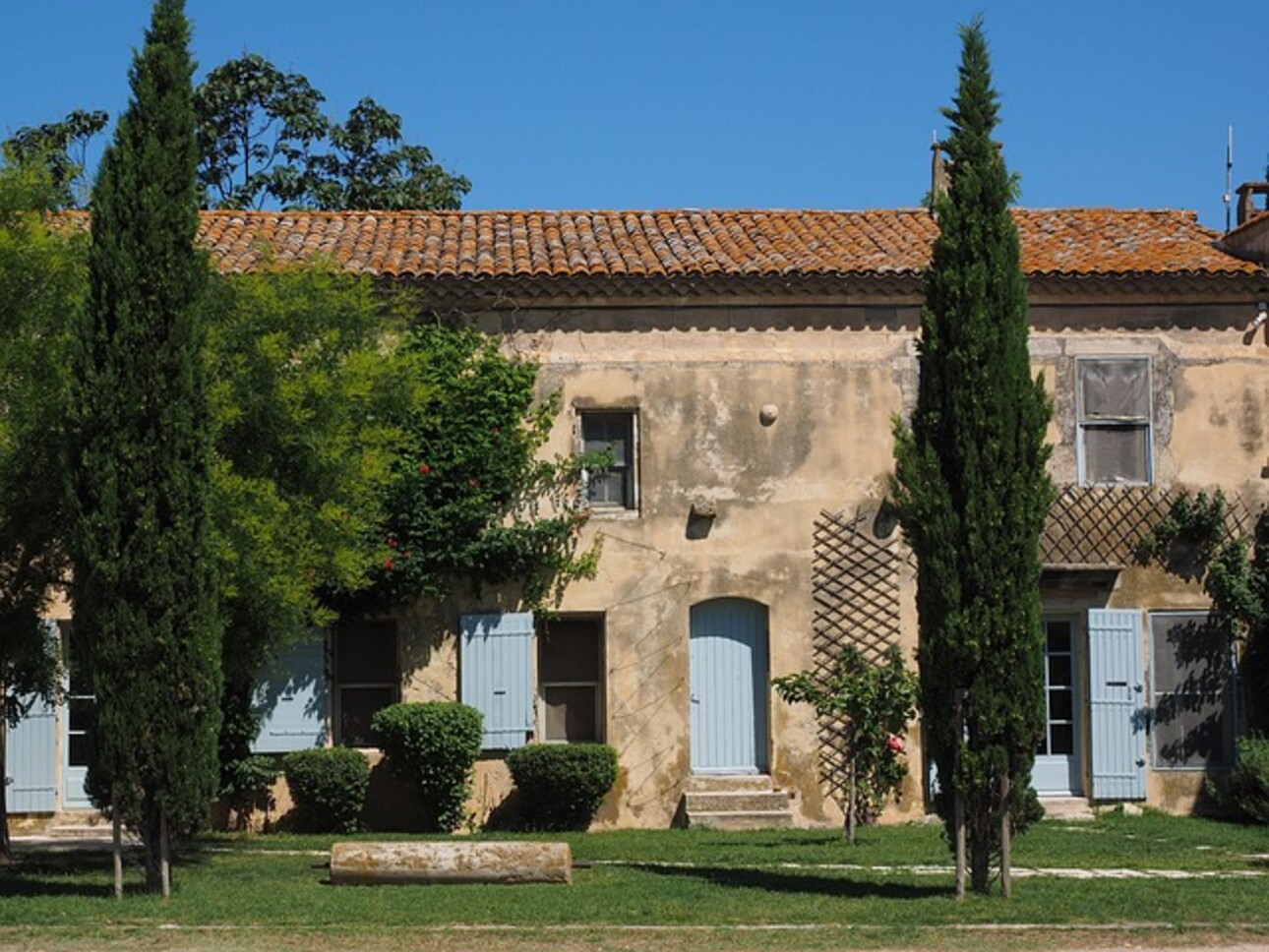Buying or owning a country house offers precious moments of relaxation away from the city. But this type of home presents different risks and needs from a main residence. Understanding the specifics of home insurance policies for a country house is essential to avoid any unpleasant surprises and to ensure optimum protection against claims and specific hazards.
Why does country house insurance require a specific approach?
Country houses, often used as second homes, are exposed to increased risks due to their isolation, prolonged unoccupancy or multi-occupancy via seasonal rental or online rental platforms. Standard comprehensive home insurance does not always cover these specific situations.
As soon as you buy your home, it's a good idea to compare home insurance policies, and even to take out a dedicated policy such as MAE's home insurance, so that you can benefit from cover tailored to this unique living environment.
For complete protection, you need to choose a policy that takes account of :
- The risk of burglary, accentuated by long periods of absence or holiday use.
- Water damage, often due to frozen pipes or leaks that are not detected quickly.
- Natural disasters, such as storms, floods and falling trees, which are more likely in certain rural areas.
- Fire, particularly if the house has wood-burning heating or an old electrical system.
- Damage caused during seasonal lets or visits by friends (holiday liability, extended cover for online lets).
Essential cover for a good country house home insurance policy
Une assurance adaptée à la maison de campagne inclut :
Basic guarantees to be required
- Home civil liability: covers accidental damage caused to third parties, whether by the owner, the tenant or an occupant;
- Property damage: theft, fire, glass breakage, water damage, climatic events (storm, hail, flood);
- Personal property and valuables: pay attention to the amount of compensation required depending on the contents of the house;
- Legal protection: useful in the event of a dispute with a neighbour or tenant.
Optional guarantees, to be considered according to use
- Holiday home cover and holiday home civil liability: essential if the house is rented out on a seasonal basis or entrusted to third parties;
- Extended cover for outdoor equipment (outbuildings, swimming pools, garden sheds);
- Loan insurance cover and loan insurance: make it easier to take over the property loan in the event of death or inability to repay;
- Cover against loss of rent or cancellation of holiday in the event of a claim;
- Specific cover in the event of credit repurchase or an outstanding property loan.
Things to watch out for when taking out or cancelling insurance
Make sure that the contract you have chosen :
- Covers the period when the property is unoccupied, which is often a source of exclusion or reduced compensation;
- Includes online rental and seasonal rental in its clauses: some packages limit the annual rental period allowed;
- includes legal protection and third-party liability cover, as well as the maximum amount covered in the event of theft or water damage;
- protects against the risks of fire caused by wood-burning or an outdated electrical system;
- offers rapid assistance and simplified procedures in the event of a claim;
- allows you to take advantage of the Hamon law to cancel your home insurance at any time after one year, in order to obtain a better rate or more comprehensive cover.
Comparison table: Main residence vs. country house
| Point of comparison |
Main residence |
Country house (second home) |
| Frequency of occupation |
Daily |
Occasional, often weekends or holidays |
| Risk of vacancy |
Faible |
High, sometimes several months |
| Risque de cambriolage |
Moderate, nearby |
Higher, isolation, prolonged absence |
| Water damage management |
Rapid detection |
Risk of late discovery |
| Seasonal rental |
Rare, supervised subletting |
Frequent, Airbnb and other platforms |
| Extended warranties |
Often optional |
Highly recommended or even compulsory |
| Insurance premium |
Tarif standard |
Often higher, guarantees to be monitored |
Advice on choosing and optimising country house insurance
- Be sure to tell the insurer whether the house is rented out, vacant or regularly occupied, to get an accurate insurance quote.
- Take the time to compare home insurance offers online: using an insurance comparator gives you a quick overview of the best solutions.
- Take out cover that corresponds to the real value of the house, its annexes and moveable property.
- Check that your comprehensive home insurance includes protection against the weather disasters that are common in the region.
- Adapt the cover to suit whether the house is simply a pied-à-terre or a seasonal rental residence.
- Don't hesitate to ask your insurer for a certificate whenever there is a change of occupation, rental or extension.
- Think about health insurance and life insurance to strengthen the security of your family and your assets at the same time.
In conclusion, insuring a country house, whether second home or rented out, requires a precise analysis of needs and risks. Contracts must be personalised and carefully compared to guarantee the best cover at a fair price, with complete peace of mind.
